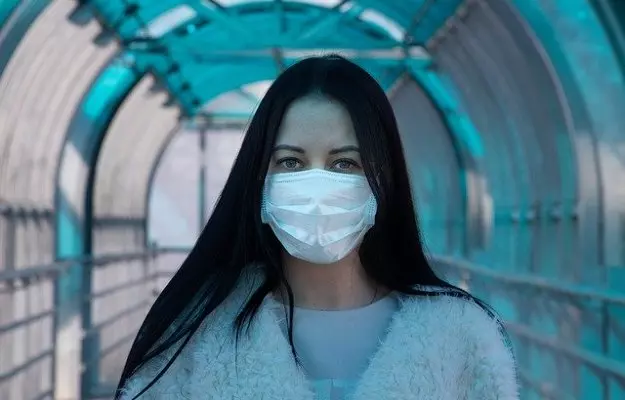More than 85% of the world's countries and regions have been affected by the new coronavirus - SARS-CoV-2 - as of late March 2020. Globally, over 16,000 people are reported to have died and nearly 400,000 have been infected by COVID-19, with China and Italy reporting the largest number of deaths and infection.
On 22 March 2020, 75 districts across India went into lockdown amid 400 confirmed cases of COVID-19 infection and a growing sense of uncertainty as to when the global pandemic - caused by a strain of coronavirus and first found in Wuhan, China in late 2019 - would blow over.
Given these data, it's only natural that people around the world and in India have questions about how to protect themselves from this type of coronavirus infection. Among the most frequently asked questions about COVID-19 is: can wearing a mask protect you against coronavirus infection? Who should wear masks and when? And what type of mask should be used at this time?
Read on for everything you wanted to know about the use of masks during the COVID-19 pandemic of 2019-20.




























